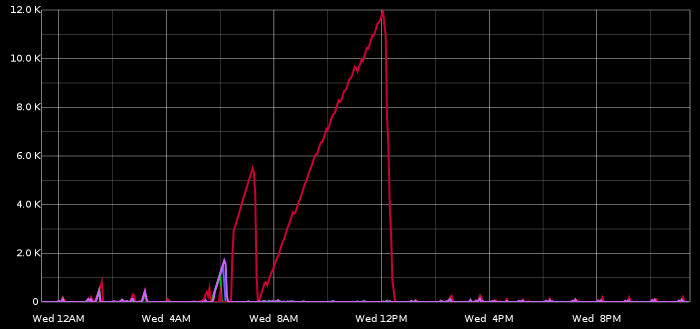The following script will report the largest InnoDB tables under the data directory: schema, table & length in bytes. The tables could be non-partitioned, in which case this is simply the size of the corresponding .ibd file, or they can be partitioned, in which case the reported size is the sum of all partition files. It is assumed tables reside in their own tablespace files, i.e. created with innodb_file_per_table=1.
(
mysql_datadir=$(grep datadir /etc/my.cnf | cut -d "=" -f 2)
cd $mysql_datadir
for frm_file in $(find . -name "*.frm")
do
tbl_file=${frm_file//.frm/.ibd}
table_schema=$(echo $frm_file | cut -d "/" -f 2)
table_name=$(echo $frm_file | cut -d "/" -f 3 | cut -d "." -f 1)
if [ -f $tbl_file ]
then
# unpartitioned table
file_size=$(du -cb $tbl_file 2> /dev/null | tail -n 1)
else
# attempt partitioned innodb table
tbl_file_partitioned=${frm_file//.frm/#*.ibd}
file_size=$(du -cb $tbl_file_partitioned 2> /dev/null | tail -n 1)
fi
file_size=${file_size//total/}
# Replace the below with whatever action you want to take,
# for example, push the values into graphite.
echo $file_size $table_schema $table_name
done
) | sort -k 1 -nr | head -n 20
We use this to push table statistics to our graphite service; we keep an eye on table growth (we actually do not limit to top 20 but just monitor them all). File size does not report the real table data size (this can be smaller due to tablespace fragmentation). It does give the correct information if you’re concerned about disk space. For table data we also monitor SHOW TABLE STATUS / INFORMATION_SCHEMA.TABLES, themselves being inaccurate. Gotta go by something.
